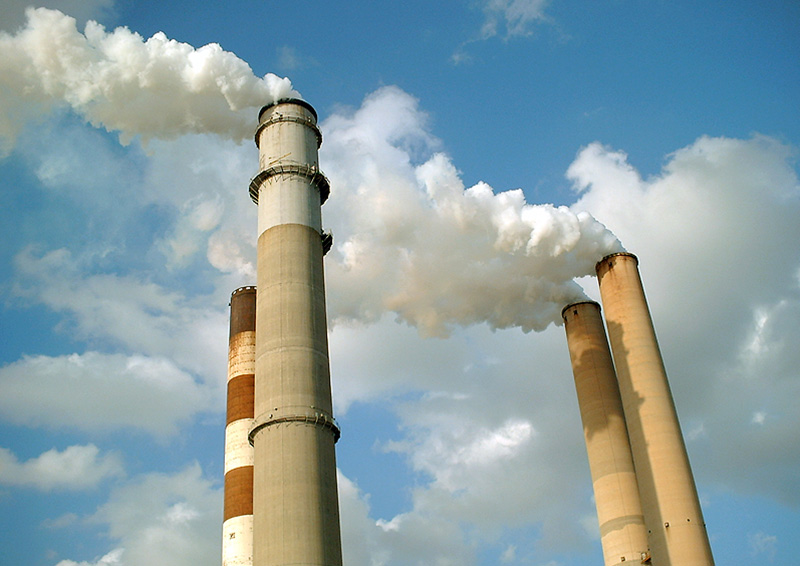New research undertaken by a team of international scientists, led by the University of Leeds in collaboration with researchers at the London School of Hygiene & Tropical Medicine (LSHTM) has claimed that up to an estimated 6,000 child deaths could be prevented in Africa each year If carbon emissions are limited to slow temperature rise.
The research showed that thousands of heat-related child deaths could be prevented if temperature increases are limited to the Paris Agreement’s 1.5ºC target through to 2050.
Published in the journal Environmental Research Letters, the research found that heat-related child deaths could double in sub-Saharan Africa by mid-century if high emissions continue.
Findings from the research which estimated the impact of climate change on annual heat-related deaths of children under five years in sub-Saharan Africa, from 1995 – 2050, showed that since 2009, heat-related child mortality has been at least double what it would have been without climate change.
Read also: Nigerian govt’s delay in establishing climate change council worrisome— Rep
The researchers who stressed the need for urgent climate change mitigation and adaptation measures that are focused on the health of children explained that heat mortality increase from climate change caused by human activities and population growth outweighed reductions in heat-related death due to improvements associated with development, such as improved healthcare and sanitation measures.
They also examined the impact of three carbon emission scenarios — low, medium, and high — on rising global temperatures and the subsequent effect on future heat-related child mortality.
Dr Cathryn Birch from the School of Earth and Environment at Leeds said, who co-authored the study said that temperatures are already increasing in Africa and that since 1980, temperatures have risen between 0.2 — 0.4°C per decade and as temperatures continue to increase due to climate change, so will heat-related deaths.
“Young children are especially vulnerable to the effects of heat exposure,” Birch was quoted as saying. “They have limited ability to thermoregulate, and high temperatures can increase disease transmission and outbreaks”.
He explained that the research details the very real consequences of allowing carbon emissions to continue unchecked, adding that “Our results underscore the need for more ambitious mitigation measures to protect vulnerable populations and the need for proactive and effective adaptation.”
Story was adapted from Science Daily.
